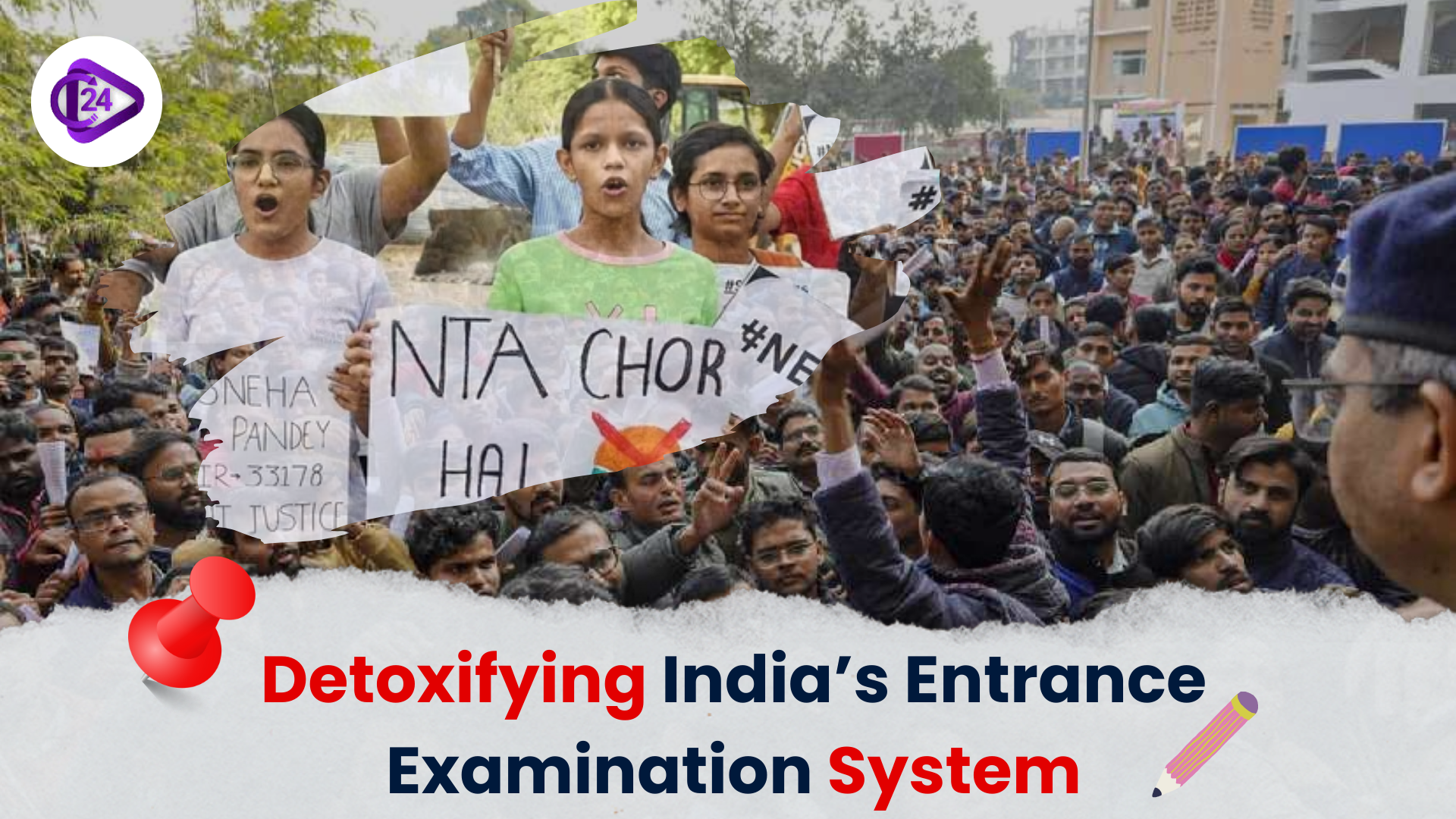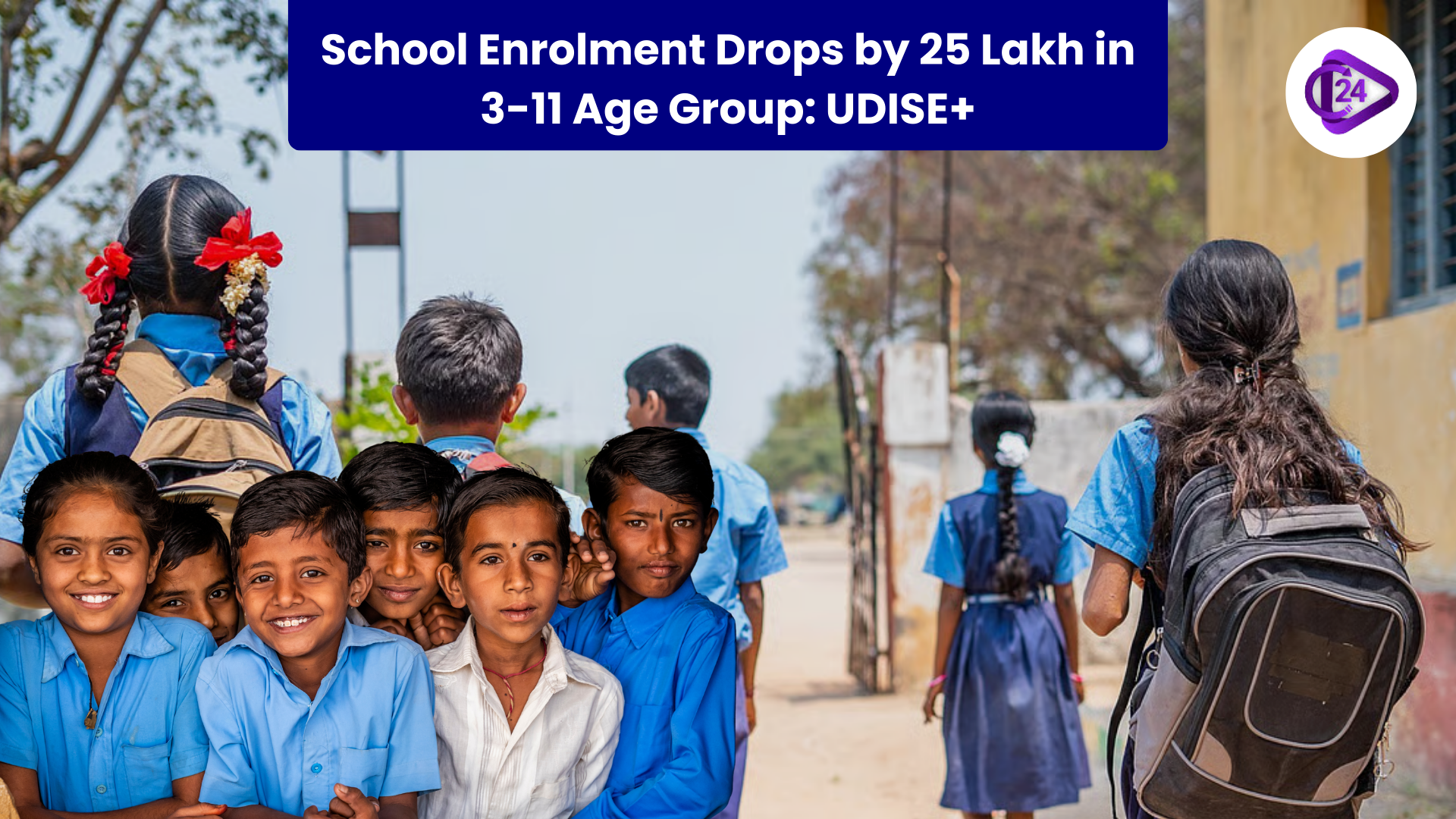
Indian Bank and Punjab National Bank (PNB) have reported withdrawing penal charges that were imposed on non-maintenance of minimum balance in savings accounts. This will be a step toward financial inclusion, as this would make banking available and affordable to every segment of society. Furthermore, the Indian Bank has lowered its Marginal Cost of Funds Based Lending Rate (MCLR), and that will enable those who are taking loans at an interest at minimal rates.
Summary:
PNB and Indian Bank have removed the minimum balance charges on savings accounts in order to facilitate financial inclusion, especially for underserved communities. Indian Bank was also among the banks that decreased MCLR by 5 basis points and cut down its interest rates. This is the next move of other banks such as Canara Bank.
Key Details:
Indian Bank Initiative:
-
Indian Bank will stop charging a minimum balance on any savings account, effective July 7, 2025.
-
This management action should increase the accessibility of banking, especially by students, older persons, small entrepreneurs, and rural clients.
-
Indian Bank also declared a one-year MCLR cut by 5 basis points, to 9 % with effect from July 3, 2025. This will be an advantage to the borrowers since the interest on loans will be reduced.
Punjab National Bank (PNB):
-
PNB eliminated penalty charges on non-maintenance of Minimum Average Balance (MAB) in all savings accounts, with effect from July 1, 2025.
-
The decision by PNB is specifically tailored to serve priority groups, including women, farmers, and low-income families.
Industry Trend:
-
Punjab National Bank (PNB) made a move similar to Canara Bank in making MAB penalties. It is part of the overall trend perpetrated by public sector banks, avoiding financial inclusion.
-
It is projected that the changes will relieve the financial burden on the customers and spur more customers to join the formal banking system.
Targeted Beneficiaries:
-
The waiver will go especially to the members of underserved communities, who, in the past, did not have access to formal banking due to the minimum balance requirements.
Conclusion
The Indian Bank and PNB have taken a major stride to push the agenda of financial inclusion by waiving minimum balance charges. This effort will enable different lowly targeted groups of society such as rural communities plus lower-income families to get access to banking facilities without burdening themselves concerning the balance maintenance problem. These actions, together with the MCLR cutdown by the Indian Bank, characterize a wider trend of reducing the price of banking services in India.



 Reforming India’s Entrance Exams: Towards Equity and Student Well-being
Reforming India’s Entrance Exams: Towards Equity and Student Well-being Dowry Deaths in India: Nikki Bhati Case Exposes Systemic Silence
Dowry Deaths in India: Nikki Bhati Case Exposes Systemic Silence J&K: Annual Mela Patt Festival Begins in Bhaderwah
J&K: Annual Mela Patt Festival Begins in Bhaderwah Prime Minister Extends Warm Greetings on Nuakhai Festival
Prime Minister Extends Warm Greetings on Nuakhai Festival School Enrolment in 3-11 Age Group Drops by 25 Lakh: UDISE+ Report
School Enrolment in 3-11 Age Group Drops by 25 Lakh: UDISE+ Report Punjab and Haryana HC Grants Bail to Bangladeshi Woman: Application of Article 21 for Foreign Nation
Punjab and Haryana HC Grants Bail to Bangladeshi Woman: Application of Article 21 for Foreign Nation NHAI launches Project Aarohan to support education of toll plaza workers’ families
NHAI launches Project Aarohan to support education of toll plaza workers’ families RAN SAMWAD-2025: A Groundbreaking Tri-Service Seminar on Warfighting at Army War College
RAN SAMWAD-2025: A Groundbreaking Tri-Service Seminar on Warfighting at Army War College CISF Launches First All-Women Commando Unit to Strengthen Gender Parity
CISF Launches First All-Women Commando Unit to Strengthen Gender Parity NCERT Introduces Indian Classical Art Forms in School Curriculum (Classes 3–8)
NCERT Introduces Indian Classical Art Forms in School Curriculum (Classes 3–8)






